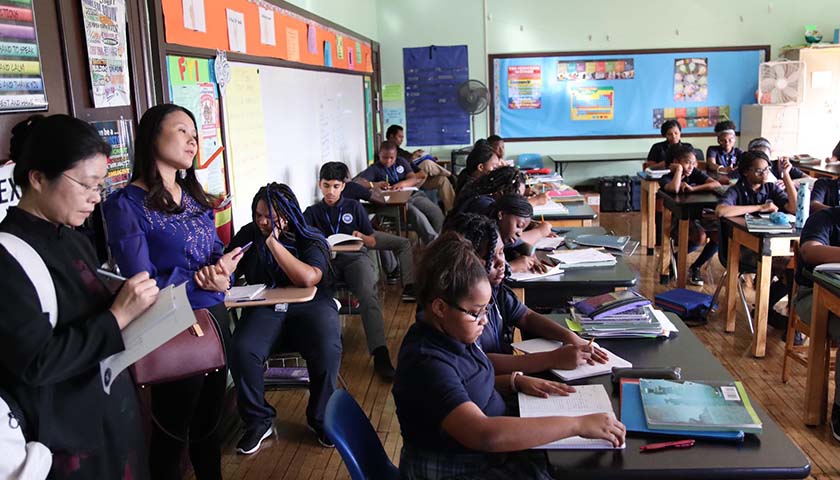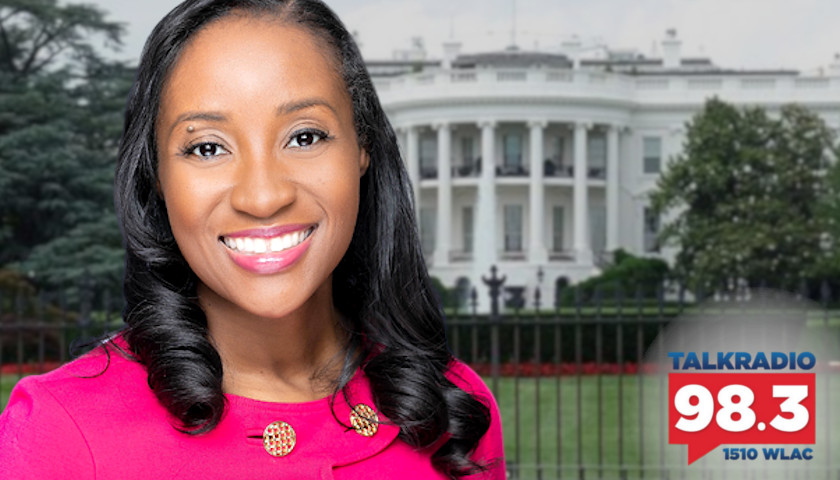A new EdTrends poll of voters in the swing states of Arizona, Georgia, North Carolina, and Nevada, shows that Democrats have given up what was once a double-digit lead on “trust in education” and are now lagging behind Republicans by three percentage points.
The poll revealing the historic shift was released Friday by Democrats for Education Reform (DFER), an organization that lobbies for Democrat candidates and heads campaigns to achieve “educational equity for students of color and students from low-income backgrounds.”
Read the full story








